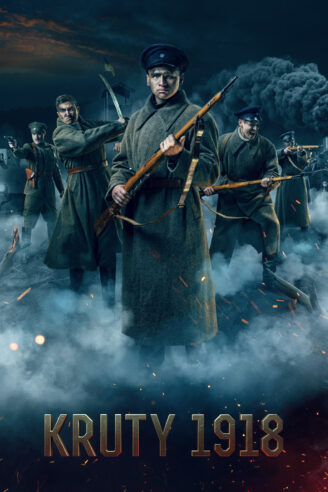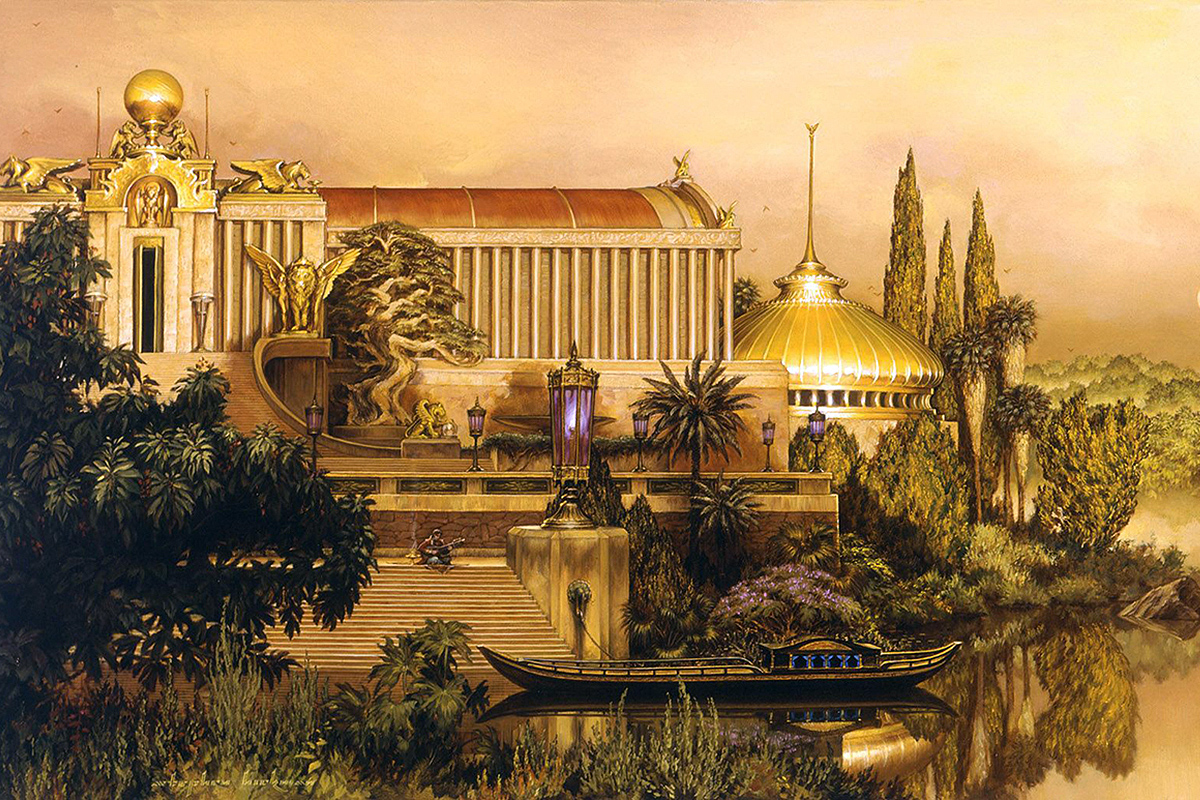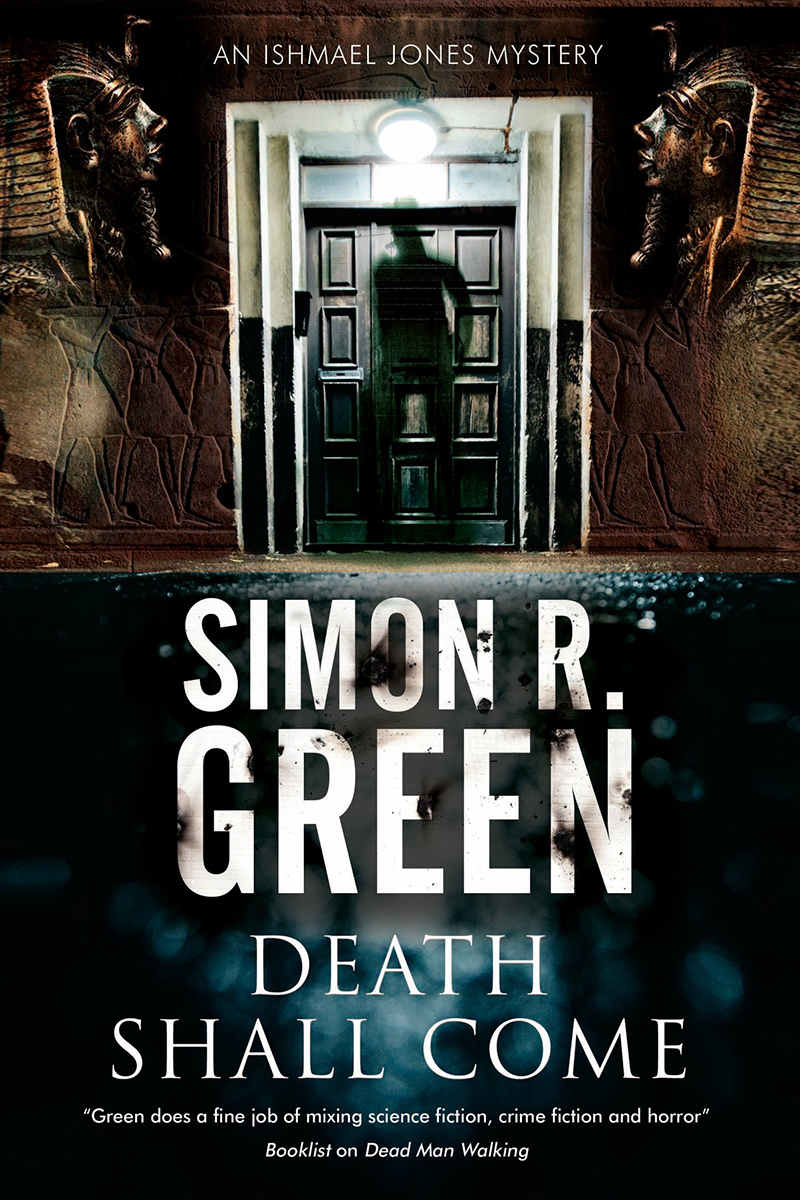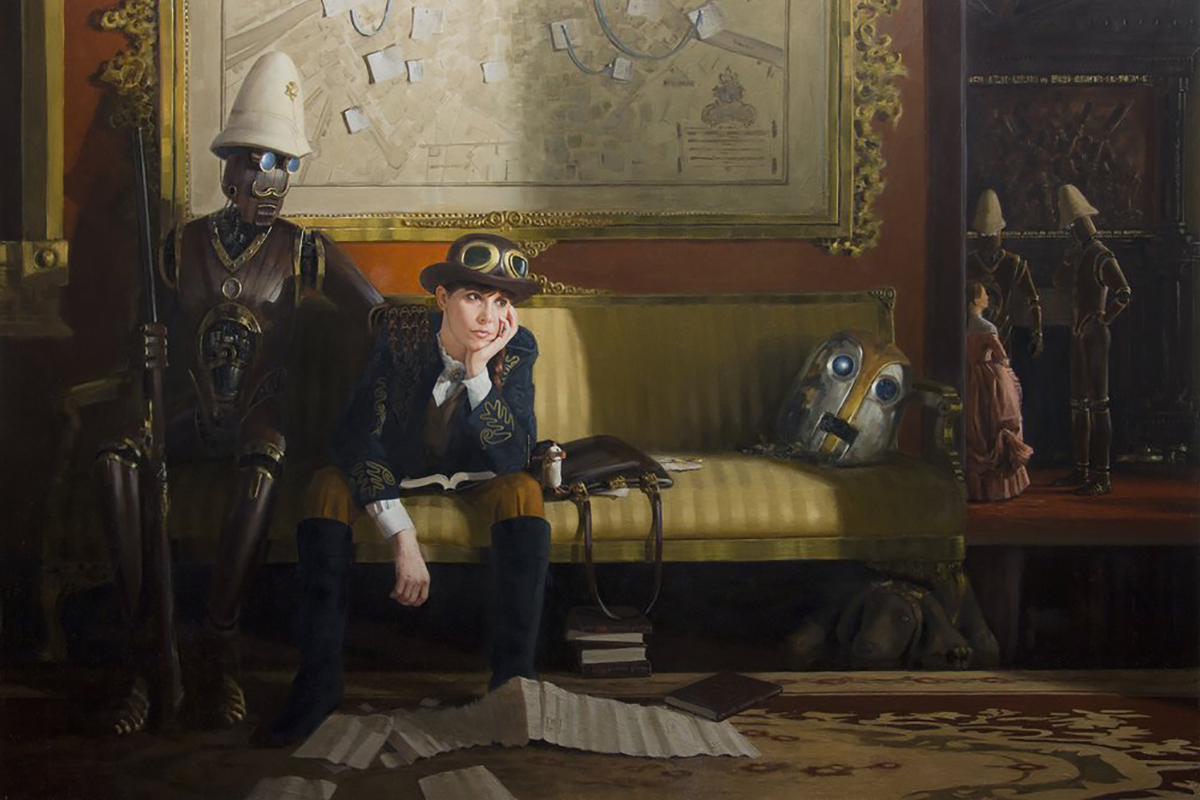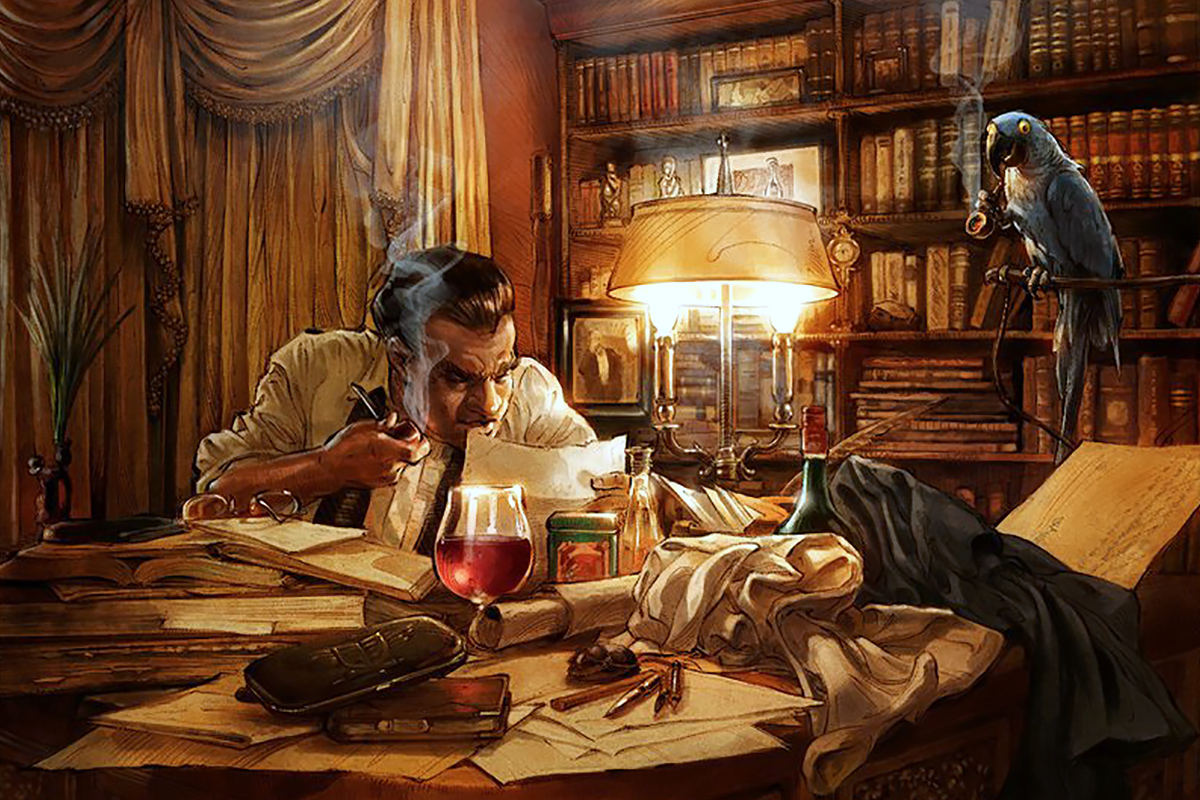When the Russian Empire collapsed in 1917, it gave various nations a taste of freedom they hadn’t enjoyed in decades or even centuries.
One such nation was the Ukrainian People’s Republic, which existed only a few years before the Red Army came to reinstate Russian rule, this time under the hammer and sickle. It is in this brief interlude that the 2018 film Kruty 1918, directed by Aleksey Shaparev, takes place.
The film is clearly a metaphor for the Russian invasion of Ukraine in our own century. It begins and ends with a veteran of the ongoing war at a monument to the dead at the Battle of Kruty. It is a film that is in its own way deeply nationalistic, for good and for ill.
For good, it has a sincere sentimentality. After the first scene in the present, students in Kiev witness a call to fight the Bolshevik menace and sign up with no lack of love for their homeland. The film lovingly shows the civilian life of this independent Ukraine, giving you a sense of what these young men have signed up to defend.
For ill, this makes some of the antagonists hard to accept. Most of the Soviet characters are acceptable, but a German spy who is supporting the Red Army reminded me of a cross between Jack Nicholson’s Joker and Donald Pleasence’s Ernst Stavro Blofeld. This creates a jarring tonal dissonance between segments, with a believable bunch of Ukrainian soldiers against an opponent approaching a supervillain. An intricate spy plot involving Ukrainians, Soviets, Germans and French can be hard to follow. This could have been simplified a fair bit while retaining the basic idea.
To the film’s credit, it has good combat scenes. There are plenty of trenches, but only so many machine guns. I don’t know how accurate this is, but it is compelling viewing. The characters are put under great strain, and their story is enrapturing. We also get to see train-mounted machine guns, a rarity in World War I movies.
Whatever its flaws, there is a conviction in this film that surpasses many imperfections. Kruty 1918 was made in a country that is, at the moment of writing, an active warzone. Ukrainians feel their life is on the line in a way that simply hasn’t happened to the Western democracies since at least 1945, and you can feel it in this movie. In its way, it feels more honest, if that’s the right word, than many Hollywood productions. That earnestness is something that forgives a lot.

